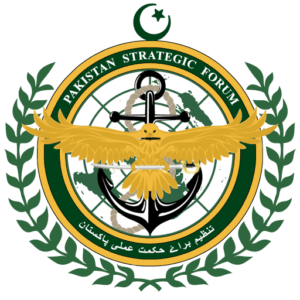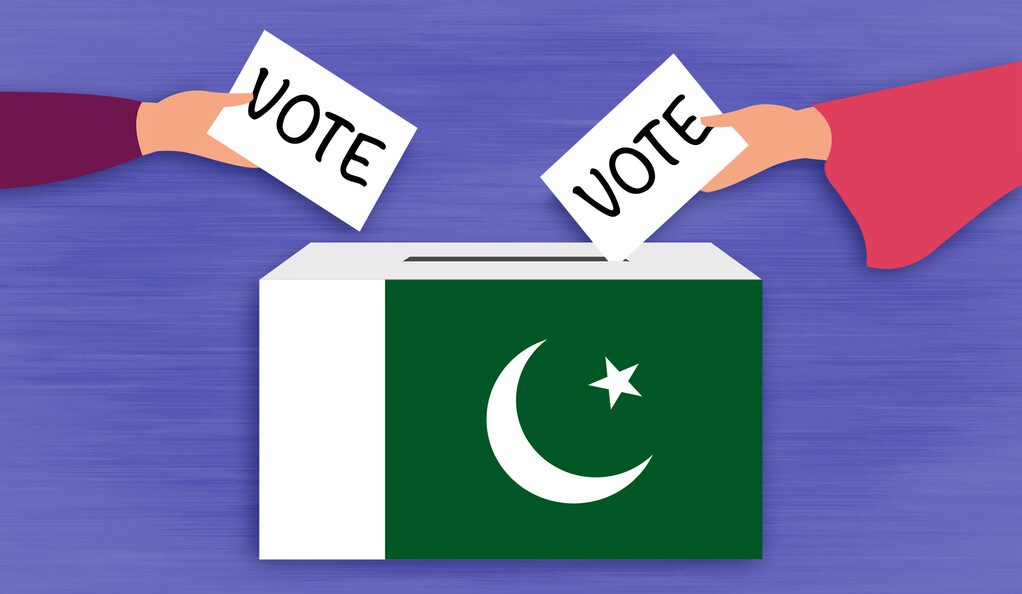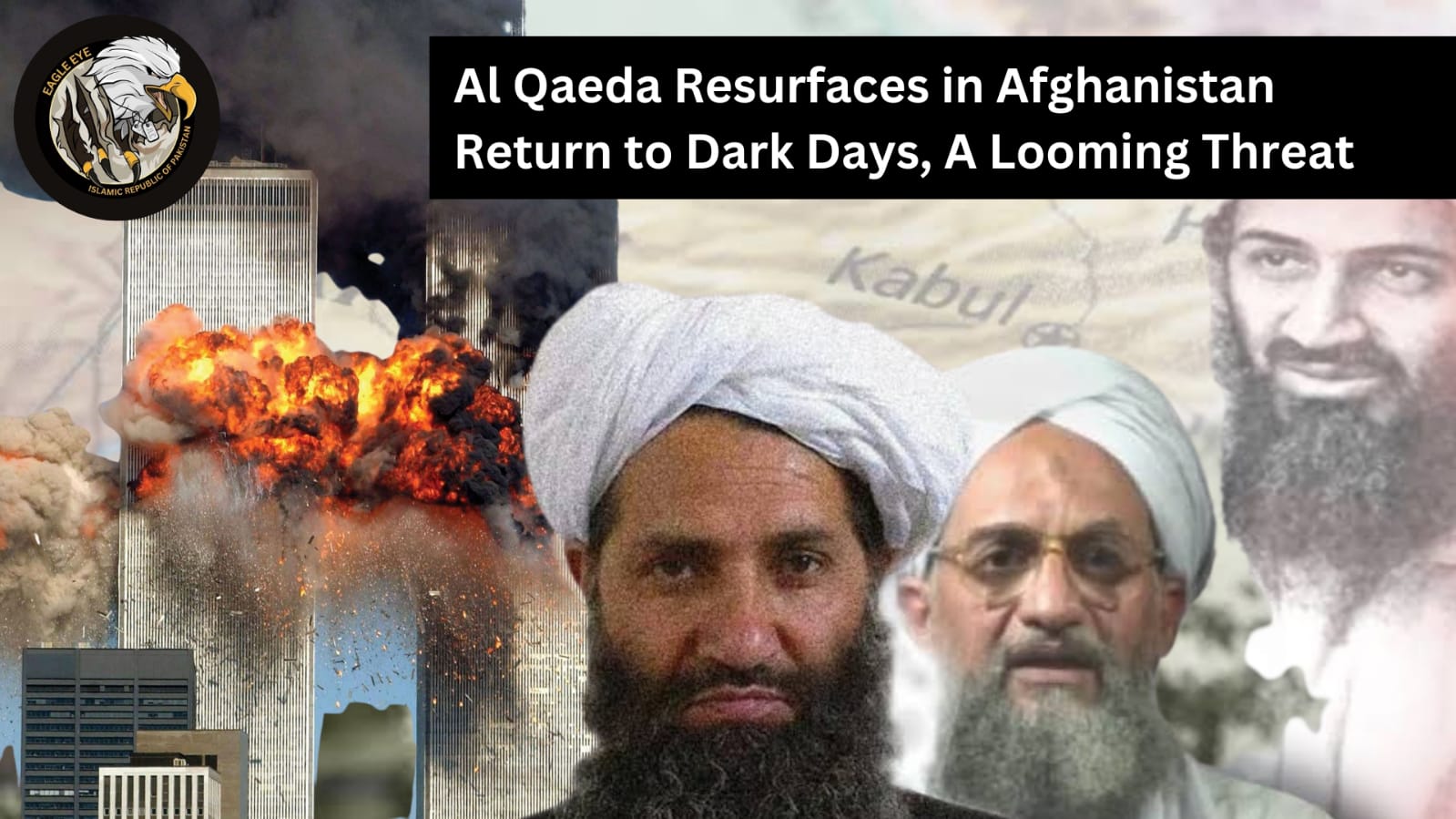Note: This article discusses about the importance of free & fair elections for Islamic Republic for Pakistan.
It is a well-known constant in Pakistan that whenever a new government comes into power, the age-old question of the legitimacy of the incoming government is raised, most likely by the opposing and thus losing party. It has been a mainstay of Pakistani politics for as long as we can remember. This not only erodes the executive power that that party brings to the Chief Executive, but also gives space to non-executive elements to encroach upon Pakistani executive authority and thus harm Pakistani democracy and the sacred Will of The People.
Not only is the democratic right of the Islamic people of the Indian Subcontinent a basic tenant of the experiment of Pakistan, it is the only guarantee of our sovereignty. For Pakistan’s intelligentsia, the undiluted and pure will of the people is sacred in the sense that is where all power of the state, and hence the nation, comes from.
Unfortunately for us, the process of electing executive authority, known as the General Elections, is anything but pure. The process is old, riddled with loopholes and so systematically prone to external influence that I am surprised it has not been abandoned long ago. Perhaps because almost all “stakeholders” (a ridiculous term increasingly becoming more and more in-vogue amongst all that are encompass by it), are party to it and benefit by it. Nevertheless, the Pakistan Tehreek-e-Insaf (PTI) started a campaign to introduce Electronic Voting Machines (EVMs) in Pakistan, and even successfully got the legislation related to the use of EVMs passed but their plans were cut short when the Khan Administration was removed from power by a Vote of No Confidence (VoNC).
Here are four arguments detailing why free and fair elections are, in our view, essential for Pakistan’s continued political and economic survival:
- The Ideological Argument: This argument states that simply because of the very nature and essence of the state that our founding fathers envisioned and fought for, where the people of the subcontinent that were Muslim were free to make their own decisions and policies (after being subjugated by the British for so long and learned for a short time what horror Hindu rule would bring). We are, in essence, a democratic-leaning state, and autocracy and dictatorship has never and will never be seen by the Pakistani people as a long-term, viable solution to our problems.
- The Argument of Experience: Many nation-states may have had longer histories than us and Pakistan is in that sense a rather young state, only at 75 years of age this year, but as is famously known in the study of statesmanship, “There are some years when nothing happens and then there are some weeks where decades happen”. It seems Pakistan has had its full share of those weeks. We are a very experienced state, gone through the many types of ebb and flows, and the trials and tribunals and the highs and lows that much older states barely get to experience. Pakistan’s varied history political will always tell you one story, though, that rule of the uninvited has never been a good idea. We should know, we lost half a country to it.
- The Argument of Legitimacy: We have talked about this in the beginning of this article as well, and this is one of the strongest. Almost always when a Prime Minister comes into power for the last 50 years in Pakistan, the opposing parties casts doubts into the fairness of the elections that brought him to power. Then the whole party runs with this, instead of gracefully conceding the election race, for the entire term. This presents two problems, number one that instead of working together to solve the country’s problems in a more equitable manner, as the Government and Opposition branches are supposed to be doing, the whole concentration is on staying in power and getting in power. Secondly, while casting major doubts into the legitimacy of the ruling government, the opposition works towards taking away the executive power from elected civilians towards unelected bureaucrats and non-civilian institutions.
- The Argument of Centrality of Executive Power: It is essential for the proper functioning of the state that the use of the state’s power rests in the hand of a single civilian executive authority. In Pakistan it is anything but, with a decentralized power structure, most of it undemocratic. This has presented a lot of the power gap problems normally associated with dysfunctional states, but somehow it has gone on long enough that the people and government have found a way through it. This will not last.
Hence, it is essential for Pakistan to achieve its true potential that free and fair elections are run, without any foreign or internal influences at play. An election process everyone can trust and no one can doubt. Anyone who works towards that is a true friend of Pakistan’s future, be it the political parties or the military.
Note: The views expressed in this article are the author’s own and do not necessarily reflect the editorial policy of Pakistan Strategic Forum.
#WhiskeyPapa
#TeamPakistanStrategicForum






